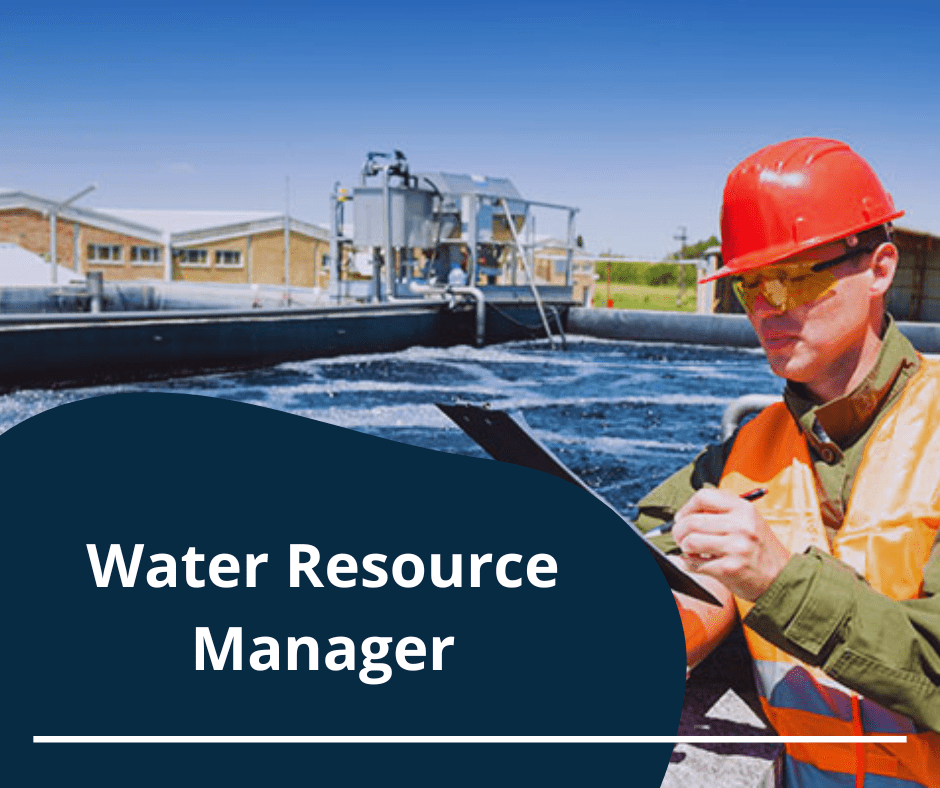
The Role and Importance of a Water Resource Manager
Water is one of the most vital resources for human survival, and its availability and quality have a significant impact on our daily lives. With the growing population and increasing water demands, the management of this resource has become crucial. This is where a Water Resource Manager comes into play.
A Water Resource Manager is a professional responsible for the efficient and sustainable utilization of water resources. They oversee the planning, development, and management of water supply systems, working towards meeting the current and future water needs of a community or region.
One of the primary responsibilities of a Water Resource Manager is to assess the availability and quality of water in a given area. They conduct surveys and research to gather data on the current water sources, their usage, and potential threats to their sustainability. Based on this information, they develop strategies to ensure the long-term availability of water for human consumption, agriculture, and industrial purposes.
In addition to ensuring the availability of water, a Water Resource Manager also focuses on maintaining its quality. They monitor water sources and treatment plants to ensure compliance with government regulations and standards. They also implement measures to prevent contamination of water sources and work towards providing safe and clean water to the community.
Another crucial aspect of a Water Resource Manager's job is to manage water distribution. They plan and maintain infrastructure such as pipelines, reservoirs, and pumping stations to transport water from its source to the end-users. They also develop and implement conservation programs to reduce water wastage and promote sustainable water usage practices.
Apart from their technical responsibilities, a Water Resource Manager also plays a significant role in educating the public about the importance of water conservation. They work with local communities to raise awareness about water scarcity and the need for responsible water usage. They also collaborate with government agencies, NGOs, and other stakeholders to develop and implement water resource management policies and plans.
The role of a Water Resource Manager is crucial in ensuring the sustainability of this valuable resource, and their work has a significant impact on the environment and the economy. By efficiently managing water resources, they can prevent water shortages, protect ecosystems, and support economic development.
To become a Water Resource Manager, one typically needs a degree in environmental science, water resources management, engineering, or a related field. They also require technical knowledge and skills in areas such as hydrology, water treatment, and environmental regulations.
In addition to their education and technical expertise, a Water Resource Manager also needs to possess excellent communication and problem-solving skills. They often work with a diverse group of stakeholders, including government officials, engineers, and community members, and must be able to communicate effectively with them. They also need to be innovative and adaptable, as they may face unexpected challenges and must come up with creative solutions to address them.
In conclusion, the role of a Water Resource Manager is crucial in ensuring the sustainable management and utilization of water resources. Their work involves a wide range of responsibilities, from assessing water availability to educating the public about conservation practices. As our water demands continue to rise, the importance of their role will only increase, making their work essential for the well-being of our communities and the preservation of this valuable resource.


